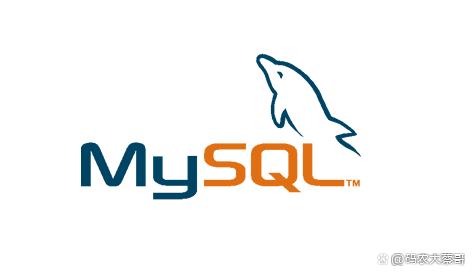raceback (most recent call last): File "log2user-real.py", line 49, in <module> db = create_engine("mysql+pymysql://root:{m_pass}@10.157.2.25:8306/log_user?charset=utf8".format(m_pass=m_pass)) File "<string>", line 2, in create_engine File "/usr/local/lib/python2.7/site-packages/sqlalchemy/util/deprecations.py", line 309, in warned return fn(*args, **kwargs) File "/usr/local/lib/python2.7/site-packages/sqlalchemy/engine/create.py", line 548, in create_engine dbapi = dialect_cls.dbapi(**dbapi_args) File "/usr/local/lib/python2.7/site-packages/sqlalchemy/dialects/mysql/pymysql.py", line 68, in dbapi return __import__("pymysql") File "build/bdist.linux-x86_64/egg/pymysql/__init__.py", line 59, in <module> File "/usr/local/lib/python2.7/site-packages/PyMySQL-1.0.2-py2.7.egg/pymysql/connections.py", line 167 *, ^ SyntaxError: invalid syntax
Solution: Specify the PyMySQL version as 0.10.1, and write in the requirements.txt file:PyMySQL==0.10.1
pip install pymysql==0.10.1



